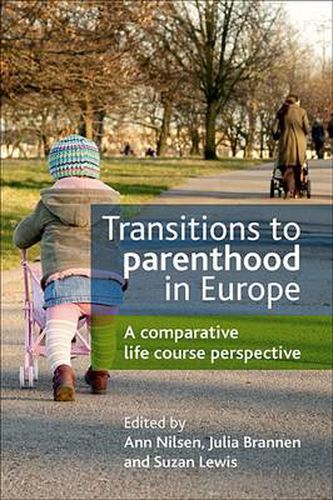Readings Newsletter
Become a Readings Member to make your shopping experience even easier.
Sign in or sign up for free!
You’re not far away from qualifying for FREE standard shipping within Australia
You’ve qualified for FREE standard shipping within Australia
The cart is loading…






This book takes a life course perspective, analysing and comparing the biographies of mothers and fathers in seven European countries in context. Based on an innovative, cross-national EU study, it examines the ways in which working parents negotiate the transition to parenthood and attempt to find a ‘work-life balance’.
Using in-depth qualitative biographical data, the book offers a deep understanding of working parents’ real lives by locating them within diverse national, workplace and family contexts. It provides rich insights into how policies and practices at the institutional level play out in individual and family lives, how they shape the decisions during both transition phases and in parents’ daily experiences of juggling work and family life. It highlights some difficult and complex issues about the sustainability of contemporary working practices for bringing up children that are highly relevant in times of economic retrenchment.
‘Transitions to parenthood in Europe’ will be of interest to an academic readership at all levels of the social sciences, as well as employers, managers, trade unions and policy makers.
$9.00 standard shipping within Australia
FREE standard shipping within Australia for orders over $100.00
Express & International shipping calculated at checkout
This book takes a life course perspective, analysing and comparing the biographies of mothers and fathers in seven European countries in context. Based on an innovative, cross-national EU study, it examines the ways in which working parents negotiate the transition to parenthood and attempt to find a ‘work-life balance’.
Using in-depth qualitative biographical data, the book offers a deep understanding of working parents’ real lives by locating them within diverse national, workplace and family contexts. It provides rich insights into how policies and practices at the institutional level play out in individual and family lives, how they shape the decisions during both transition phases and in parents’ daily experiences of juggling work and family life. It highlights some difficult and complex issues about the sustainability of contemporary working practices for bringing up children that are highly relevant in times of economic retrenchment.
‘Transitions to parenthood in Europe’ will be of interest to an academic readership at all levels of the social sciences, as well as employers, managers, trade unions and policy makers.